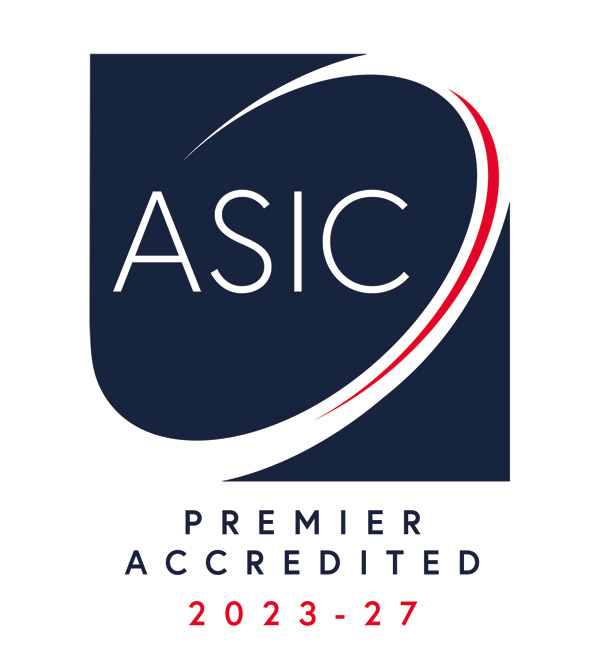
How to Apply for a UK Student Visa for MBA Students
Introduction
Pursuing an MBA in the UK offers an exciting and transformative opportunity. The UK is home to some of the world’s top business schools, providing students with academic excellence and a chance to immerse themselves in a global business hub. However, before you pack your bags, securing a UK student visa is one of the first steps. This guide will walk you through the application process, visa requirements, work rights during your studies, and post-graduation options like the Graduate Visa.
For detailed information, you can visit the official visa and immigration guide from BSMS.
Understanding the UK Student Visa
The UK student visa system allows international students to study at accredited institutions in the UK. For MBA students, the relevant visa is the Student Visa (previously Tier 4). This visa enables students to pursue full-time postgraduate programs at approved institutions, including leading business schools, while offering specific work rights.
1. Determining Your Eligibility
Before applying for a UK student visa, ensure you meet the following criteria:
-
Confirmation of Acceptance for Studies (CAS): Your chosen university or business school will issue this document, confirming your enrollment.
-
Course Requirements: You must have been accepted into a full-time MBA course registered with the UK Home Office’s list of approved educational institutions. The course should require at least 15 hours of study per week.
-
English Language Proficiency: You’ll need to demonstrate proficiency in English through recognized tests such as IELTS, TOEFL, or PTE Academic. Check with your institution for specific score requirements.
-
Financial Requirements: You must prove you have sufficient funds to cover your studies and living expenses. Generally, students need to show access to £1,334 per month for up to 9 months in London (or £1,023 per month outside London).
-
Immigration Health Surcharge (IHS): As part of your visa application, you’ll need to pay the Immigration Health Surcharge. This fee grants you access to the UK’s National Health Service (NHS) during your studies.
2. How to Apply for a UK Student Visa
Step 1: Prepare Your Documents
Before starting the online application, gather these essential documents:
-
A valid passport
-
Your Confirmation of Acceptance for Studies (CAS)
-
Proof of English language proficiency (IELTS, TOEFL, etc.)
-
Proof of financial resources
-
Proof of payment for the Immigration Health Surcharge
-
Academic transcripts or certificates (if required)
Step 2: Submit the Online Application
Applications for the UK student visa are completed online through the UK Government’s website. Fill out the form, upload your supporting documents, and pay the visa application fee.
The fee for the Student Visa is £363 for applications made outside the UK. This may vary depending on your location.
Step 3: Biometrics Appointment
After submitting your application, you may need to attend a biometrics appointment at the nearest visa application center. Your fingerprints and photograph will be taken as part of the process.
Step 4: Wait for a Decision
Once your application and biometric details are submitted, you’ll need to wait for a decision. Most student visa applications are processed within 3 weeks. However, processing times can vary, so apply early to avoid delays.
Step 5: Collect Your Visa
If your application is approved, you will receive your visa approval. Depending on your location and the process, you may need to collect your visa or it will be sent to you.
3. Work Rights During Your MBA Studies in the UK
One significant advantage of studying an MBA in the UK is the opportunity to work during your studies. The Student Visa allows you to work part-time while enrolled in your course.
Part-Time Work During Studies
-
In Term Time: You can work up to 20 hours per week during term time. Many MBA students take advantage of this option to gain practical experience in their field or offset living costs.
-
During Holidays: You can work full-time during university holidays, such as summer or winter breaks. Many students use this time to gain work experience, intern, or take on full-time jobs.
-
On Campus: If your university offers on-campus jobs, you can work with them, as long as it doesn’t exceed the 20-hour-per-week limit during term time.
Post-Graduation Work Rights
The UK offers several post-graduation visa options for international students who wish to stay and work after completing their MBA.
-
Graduate Visa: Introduced in July 2021, the Graduate Visa allows international students who have completed a degree (including an MBA) to stay and work for up to 2 years (3 years for doctoral students). This is an excellent option for MBA graduates seeking work experience or job opportunities in the UK.
Eligibility: You must have completed a course at degree level or higher at an approved UK higher education provider. Importantly, you must have a valid student visa when applying.
Work Rights: With the Graduate Visa, you can work at any skill level and are not restricted to a specific employer or job. This flexibility is ideal for MBA students exploring a range of career options.
Application Process: The application process for the Graduate Visa is relatively simple. You can apply online without needing a job offer. However, you must apply within 2 years of completing your course.
-
Skilled Worker Visa: If you secure a job offer from a UK employer that meets the required skill and salary levels, you may be eligible for the Skilled Worker Visa. This visa allows you to stay in the UK longer and provides a pathway to permanent residency.
4. Post-MBA Career Opportunities in the UK
After completing your MBA, the UK offers a wide range of career opportunities, particularly in fields like finance, consulting, marketing, and technology. The country’s business sector is one of the most diverse in the world, providing roles across multiple industries. For a closer look at post-MBA career prospects in the UK, check out this article on post-MBA career opportunities.
5. Student Life in the UK: Balancing Studies, Networking, and Personal Life
Studying an MBA in the UK is about more than academics. It’s a chance to build a global network, experience life in one of the world’s most dynamic countries, and grow personally. The UK has a diverse student community, offering an excellent environment for networking, professional development, and cultural exchange.
However, balancing studies, networking, and personal life can be challenging. As an MBA student, you’ll manage coursework, attend networking events, and perhaps work part-time, all while adjusting to life in the UK.
For more insights into balancing studies, networking, and personal life, refer to this student life guide.
6. Additional Resources and Support
Applying for a UK student visa and adapting to life as an international student can be overwhelming. Fortunately, UK universities often provide dedicated visa and immigration support services to guide students through the application process. Many universities also offer online resources and detailed guides to assist you.
For more information on how to apply for a UK student visa, you can read the visa application process guide.
To Summarize
Securing a UK student visa is a critical step for international students wishing to pursue an MBA in the UK. By understanding the visa requirements, work rights, and post-graduation options, you can ensure a smooth application process and be well-prepared for life in the UK.
By following the steps in this guide and utilizing available resources, you can confidently begin your journey to study in the UK, gain valuable international experience, and explore numerous career opportunities after graduation.
For a complete breakdown of visa requirements and other immigration details, visit the visa and immigration section on the BSMS website.
